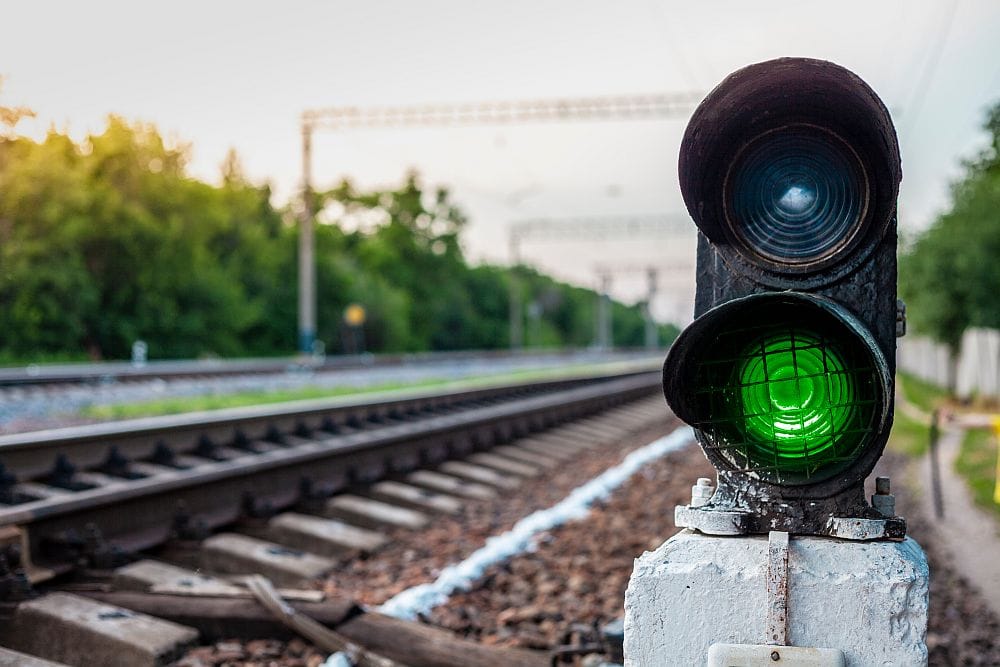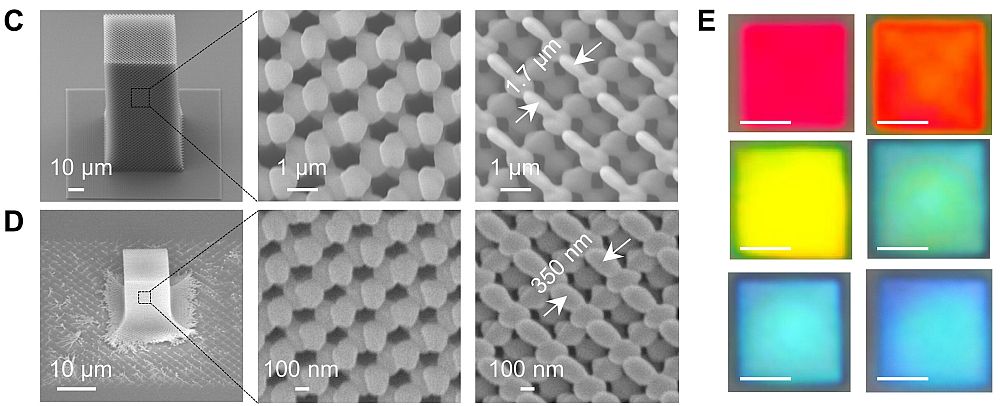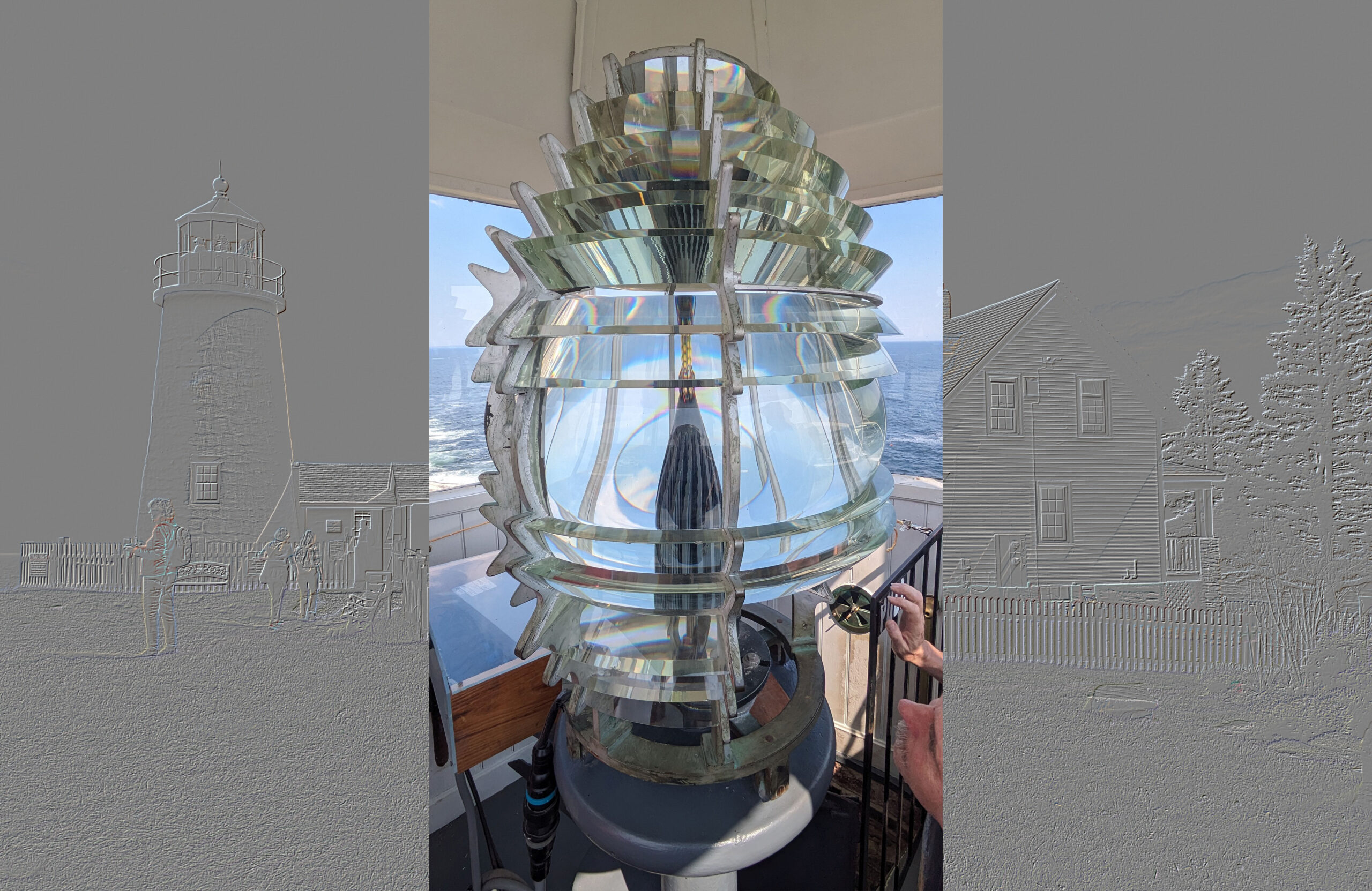
[Image above] A man installs a new fiber-optic cable at Savannah River National Laboratory. Thousands of miles of fiber-optic cables lay unused underground, and internet service providers will sometimes lease these cables so they can provide customers with less expensive service options. Credit: Savannah River Site, Flickr (CC BY 2.0)
From healthcare to supply chains, the coronavirus pandemic has exposed numerous weaknesses in many key sectors of the United States. In particular, the digital divide in communication technologies was laid bare as students and employees shifted to working from home.
The digital divide refers to inequalities among individuals, households, and other groups of different demographic and socioeconomic levels in access to information and communication technologies. Income and location both play roles in the divide, and we discussed in a CTT post last year some initiatives being implemented to close the gap.
New initiatives continue to emerge, and today we focus on the work of internet service provider Flume to address the digital divide in New York City by leveraging dark fiber.
Dark fiber refers to thousands of miles of fiber-optic cables that lay unused underground, crisscrossing the entire United States. CTT coverage of dark fiber has mainly focused on novel research that uses these cables to monitor earthquakes, but in general, businesses and companies will lease parts of the dark fiber network for traditional communication purposes.
Small internet service providers are one type of business that benefits from leasing dark fiber. Leasing dark fiber allows them to avoid the cost of installing cables and building out data centers themselves, which gives them the ability to offer competitive prices compared to larger providers who build their own infrastructure.
When Flume formed about 18 months ago, founder and CEO Prashanth Vijay viewed dark fiber as a way to compete in the New York City service provider market. However, as the coronavirus pandemic brought more attention to the digital divide, Flume decided to get involved with closing the gap when New York City put out a call in search of partnerships that would expand its ability to offer affordable internet connectivity to residents of New York City Housing Authority (NYCHA) homes.
“Flume was very interested because it is in our target dark fiber service area to bring in service. We hadn’t initially thought about low-income housing as a big business vertical. But we put some more thought into it and realized it’s generally just the same business. It’s the same fiber cable, same services,” Vijay says in an interview on The Divide podcast.
In May 2021, New York City announced that Flume and four other internet service providers would work with the city to implement the Internet Master Plan for Universal Broadband. In a press release on the announcement, Vijay says that “Flume is honored to bring our fiber-to-the-home deployment to over 6,000 NYCHA homes as part of this RFEI [Request for Expressions of Interest].”
In The Divide podcast, Vijay goes into more detail on working with NYCHA, describes the internet plans that Flume will offer, and discusses how Flume plans to expand in the future through open-access fiber networks. Listen to the full episode below, and learn more about how Flume goes about leasing dark fiber networks in this article.
Credit: The Divide
Author
Lisa McDonald
CTT Categories
- Optics


